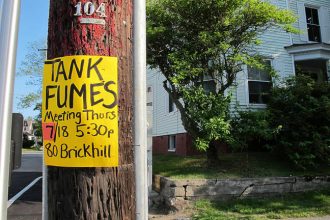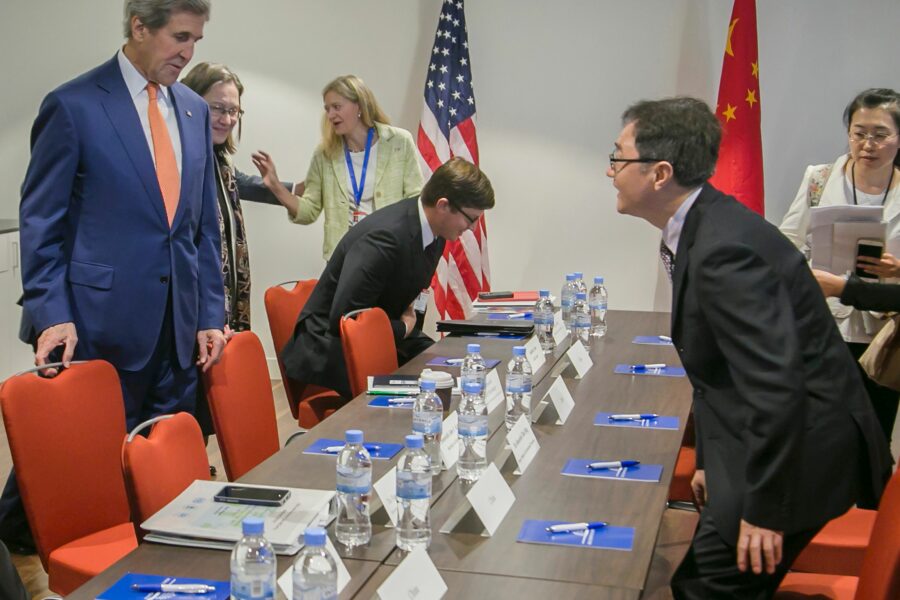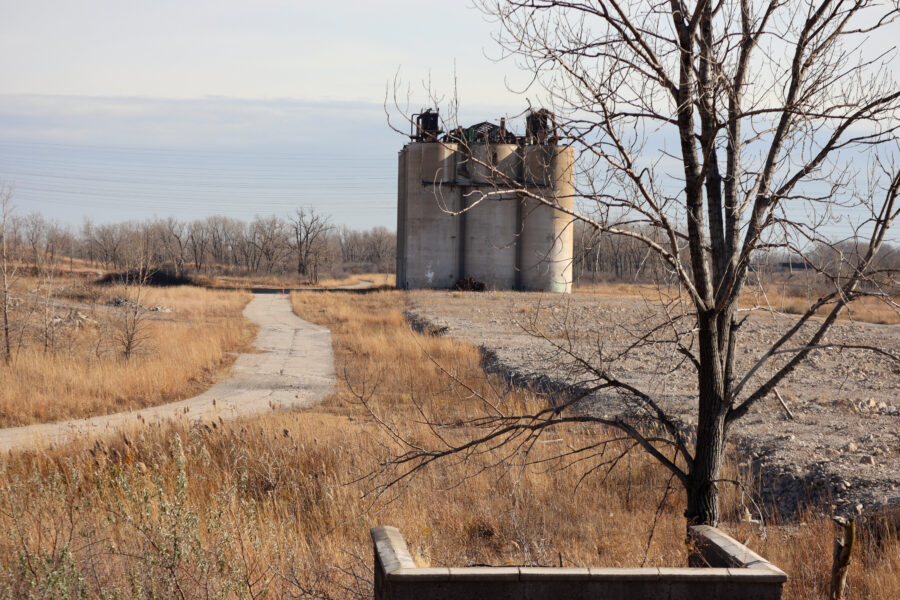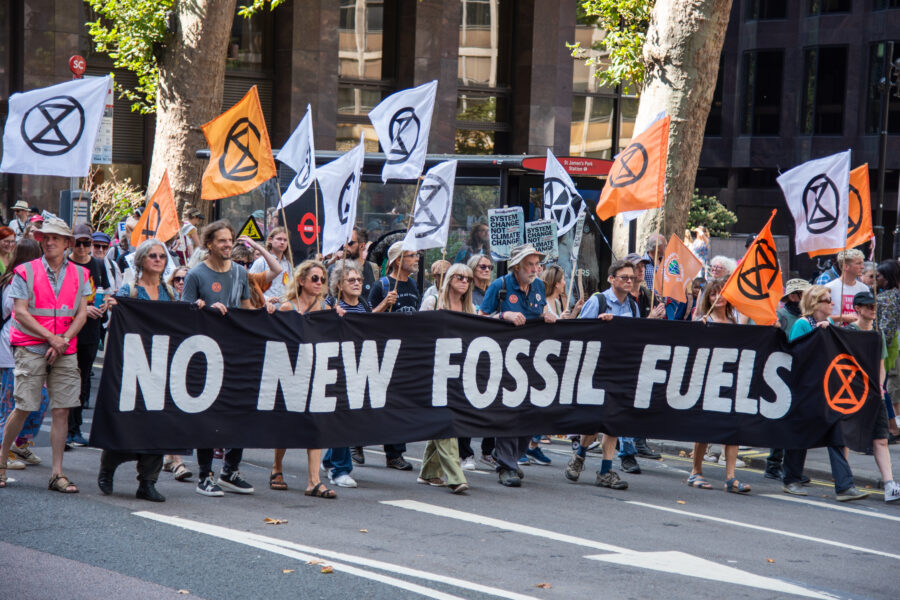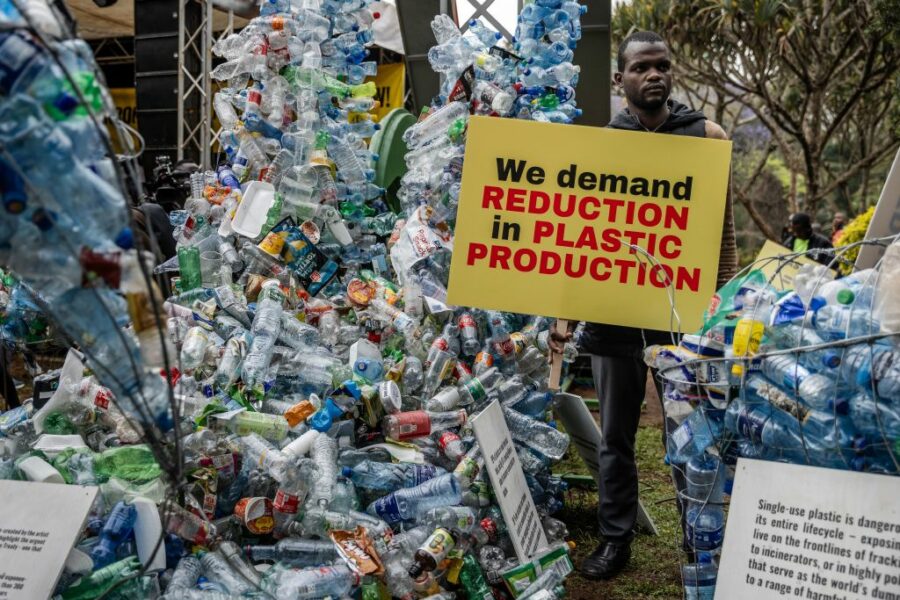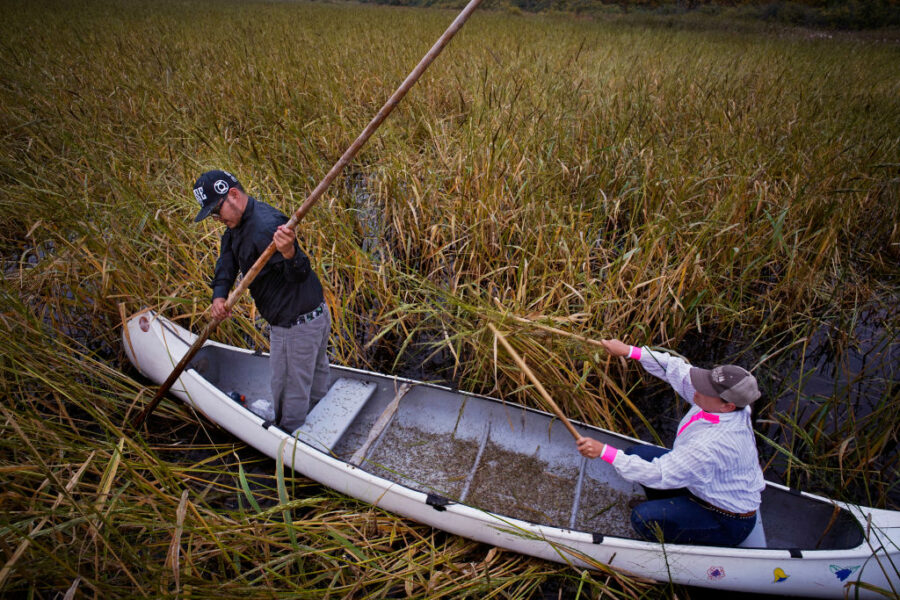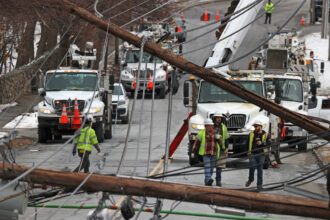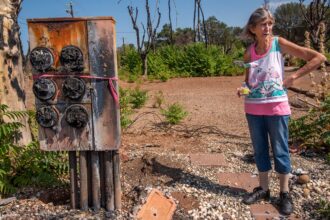Projects

Harm City: The quest for environmental justice and climate adaptation in Baltimore
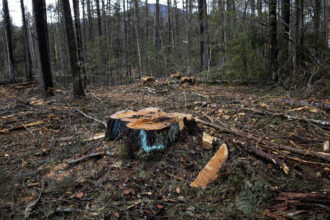
Axed: How the U.S. Forest Service Depletes the Carbon Sink by Logging Mature Tree Stands
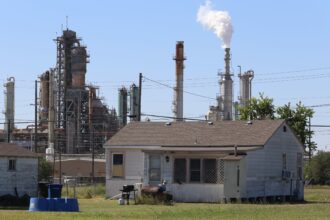
State of Denial: How Texas’ Environmental Regulators Enable Big Oil and Other Polluters
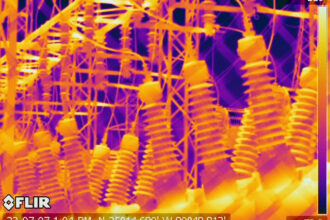
The Immortals: Greenhouse Gases That Live Forever
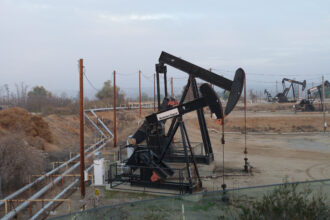
Something in the Water: Regulators Say Growing Crops With Oil Wastewater Is Safe, But Evidence Is Scant

Pipe Dreams: Is Carbon Capture a Climate Solution or a Dangerous Distraction?

Food Shocks: Climate Change and the Coming Famines
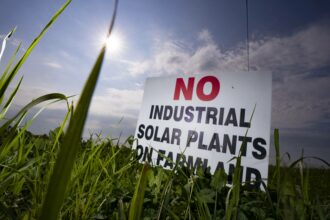
Solar Opposites: A Standoff Over Renewable Energy in Rural America
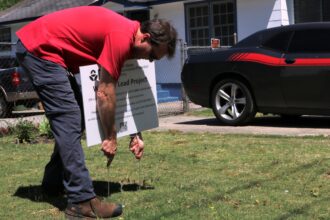
The Superfund Next Door: Toxins & Mistrust in Atlanta

Bag It: The Plastics Crisis

The Fifth Crime: The Campaign to Make “Ecocide” an International Crime
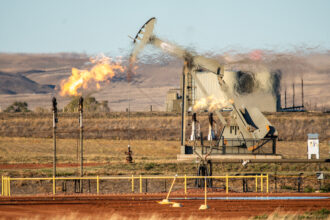
Gaslit: The Costs of Flaring and Venting Natural Gas by Fossil Fuel Companies
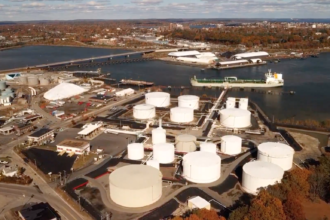
Noxious Neighbors: The Hidden Dangers of Heated Tanks Storing Asphalt and Other Heavy Fuels

Sowing Risk: How Big Banks’ Investment in Agriculture Fuels the Climate Crisis.
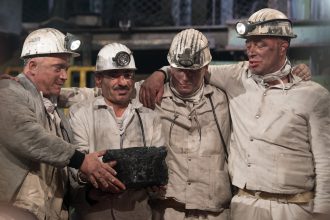
Power Switch: Lessons From Germany’s Energy Revolution
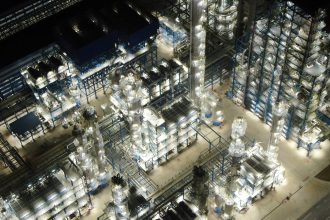
Hot Molecules: Low Hanging Super Greenhouse Gases
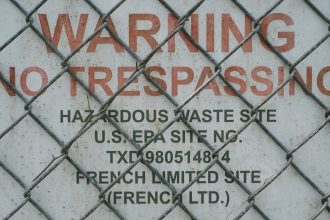
Superfund Super Threats: Toxic Sites at Climate Risk Near You

Anti-Scientists: A Contrarian Minority’s Suspect Work
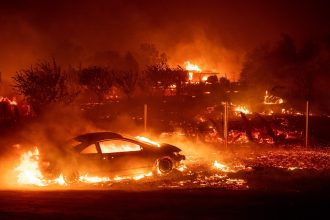
American Climate: The Future is Already Here
